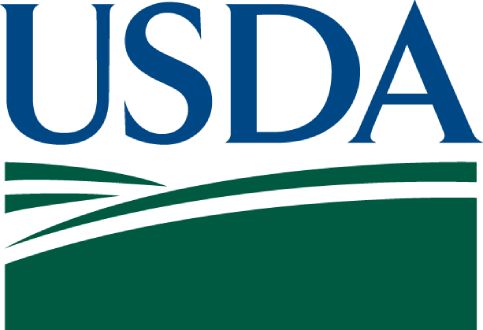U.S. Department of Agriculture, Food and Nutrition Service

Reducing dependence on the Supplemental Nutrition Assistance Program is a national policy concern. This evaluation is testing innovative strategies for increasing employment and earnings among SNAP participants and reducing their dependence on SNAP and other public assistance programs. The study was mandated in the 2014 Farm Bill, which authorized grants for up to 10 pilots (demonstration projects). The 10 pilots will offer diverse services and target different groups of SNAP participants in a variety of geographic locations. For some pilots, participation is mandatory, and for others, it is voluntary. The centerpiece of the evaluation is a random assignment impact analysis, which will give policymakers and program operators insight into effective strategies for increasing employment and earnings, decreasing public assistance, and positively influencing other outcomes of interest, including food security, health, and housing. The impact analysis will also help us understand whether any of these outcomes vary for different types of SNAP participants.
Related Staff
Efficiency Meets Impact.
That's Progress Together.
To solve their most pressing challenges, organizations turn to Mathematica for deeply integrated expertise. We bring together subject matter and policy experts, data scientists, methodologists, and technologists who work across topics and sectors to help our partners design, improve, and scale evidence-based solutions.
Work With Us




